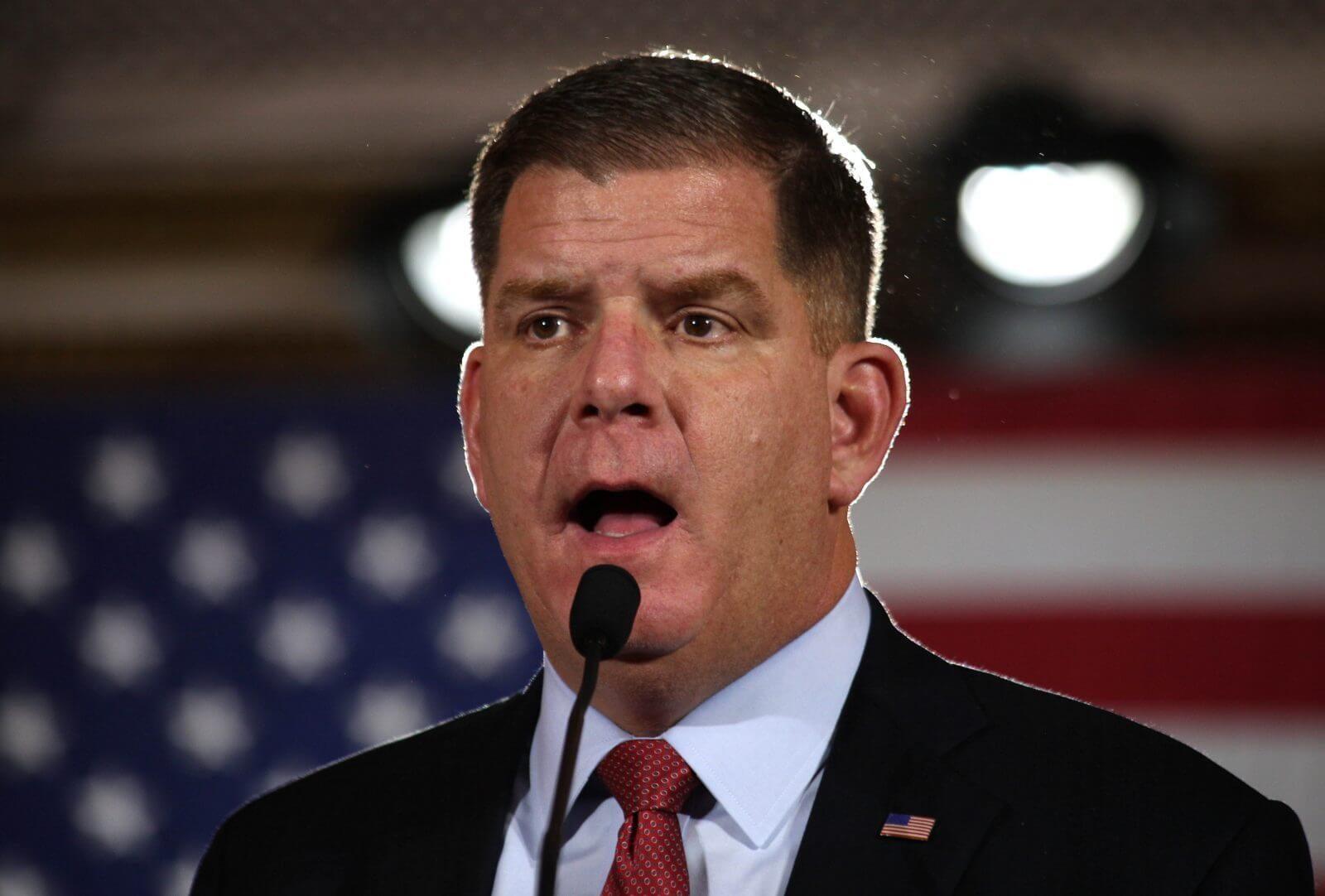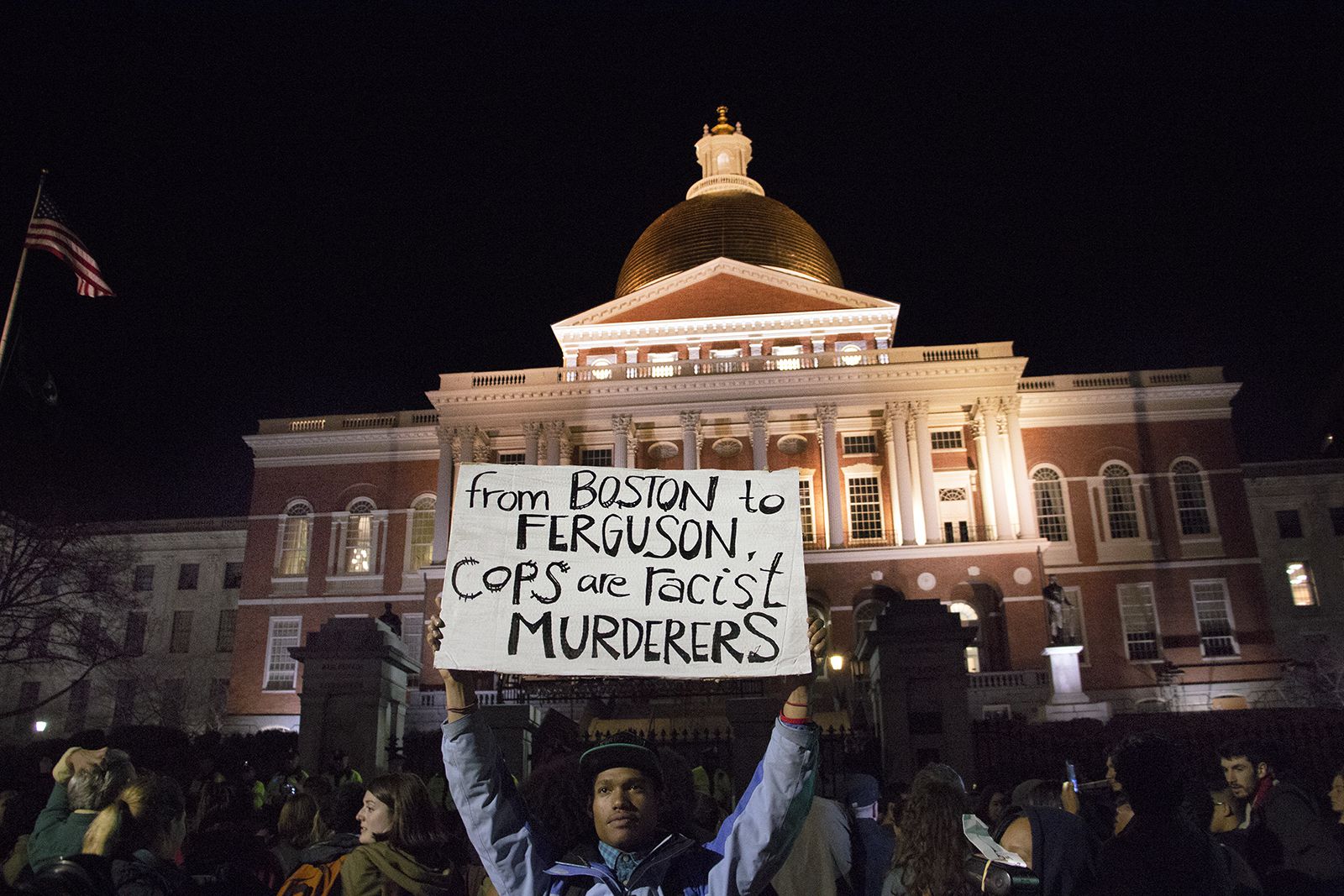Every 10 years, the United States takes a snapshot of its population by sending a survey to every household in the country. Mandated by the Constitution, the census not only provides statistics and demographics, but also sets the course for the allocations of billions of dollars to cities and towns across the country.
But many students who have received census notifications were children the last time the occasion came around, and said they are unsure why they should participate.
“A lot of students are unaware of what the census is,” said Laura Waldon, a partnership specialist for the U.S. Census Bureau’s student outreach initiative census on campus.”They might not understand that the census is linked to all kinds of funding and services for the city.”
The census, which will be mailed in mid-March and is one of the shortest questionnaires in history, according to its website, has had the responsibility to produce small-area population data needed to distribute funds for government programs such as Medicaid since 1975. The census has also helps plan the right locations for schools, roads and other public facilities within the country.
Secretary of the Commonwealth of Massachusetts William Galvin described a number of difficulties that the census has in reaching the entire population, especially in a collegiate city like Boston.
“Logically, students who are going to be returning to their home state think that they shouldn’t be counted here,” he said. “College students refer to themselves as from other states, but we need to educate them in the laws, which say that they are residents of the states that they go to school in.”
Waldon said there are other logistical difficulties that stem from the schedules of college students.
“The timing of the census also makes participation difficult,” she said.”A lot of schools are on spring break or finals, so it is a challenge.”
At the time of the census, many schools, including Boston University, will be out for spring break, while others will still be in the midst of midterms or finals. And with over 100 schools in the Boston area, the demographic of students is crucial to the amount of funding that the city receives from the government.
Waldon said she sees outreach to students as essential to ensuring funding for the entire community.
“By being counted, they’re allowing their community to getting fair funding and services,” she said. “For a community like Boston, which has thousands of students, it is important for all of them to get counted so we can get an accurate demographic of what kind of services this community needs. The funding comes based on census data.”
Some students said they recognize the importance of the census and are looking forward to contributing to the country’s survey.
“We can have some sort of representation,” said College of Arts and Sciences freshman Madeline Baker said. “If they know how many college students are residing in the U.S., then they know what our need is and what our issues are.”
Baker said that one of the problems the census faces is reaching enough people.
“I think it is really hard for a census to be accurate because people don’t respond,” she said.”People are lazy, or people don’t think it’s important, they don’t see the significance in it.”
Baker also said she sees room for improvement in the census’ method and technology.
“I think it should be electronic,” she said. “If it weren’t in the mail, it would be so much easier to do. People don’t want to send a piece of paper in anymore.”
On and off campus, a variety of efforts are being made to spread awareness of the census.
The government has used a national ad campaign that included a Superbowl TV ad touting the census’ simplicity. Additionally, BU’s AdLab is circulating print advertisements on campus as well as using social networking.
Galvin said the state government has also reached out to student clubs to promote the census and is broadcasting an automated message in the Massachusetts Bay Transportation Authority system.
“We have attempted to reach out to various campus organizations,” he said. “We’ve dealt with the Young Democrats, Young Republicans and other student organizations to answer any questions people might have.”
In order to raise awareness, Dean of Students Kenneth Elmore will be hosting a Coffee &’ Conversation dedicated to the census on March 19 in the Howard Thurman Center. Census employee Emily Torres will be there to answer questions and encourage students to get involved.
Waldon said Elmore’s meeting will be an effective way of advertising the census.
“We know that peer to peer education is the most effective, so that message is going to mean a lot more coming from their peers than coming from the government,” she said.























































































































